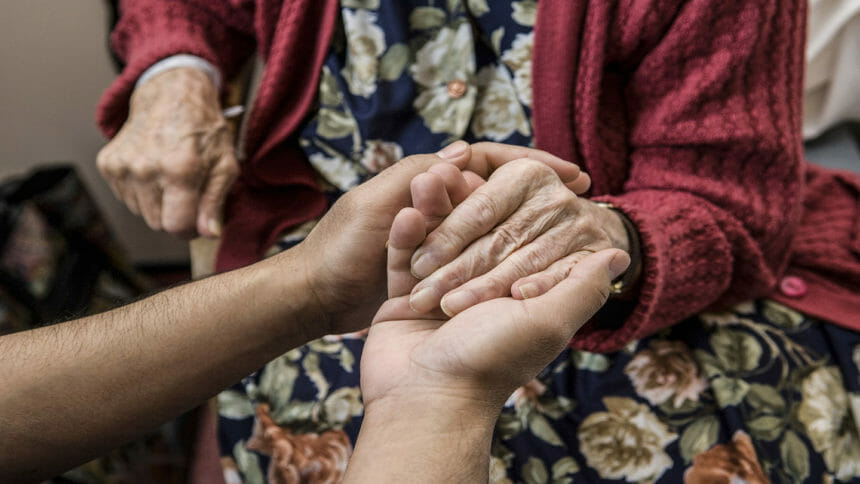
The United States is staring down an imminent crisis if it doesn’t build a caregiving infrastructure that brings in more immigrants to care for its 72 million aging baby boomers. A panel of experts made that assessment Tuesday during a virtual panel discussion on senior care by the think tank Brookings Institution.
“The pathways for migrant labor to come here now is woefully inadequate,” Kristie DePena, vice president of policy and director of immigration at the nonprofit Niskanen Center, said during the webinar. “These are jobs that Americans won’t take.”
Immigrants currently make up about 28% of the nation’s 4.5 million direct care workers. According to PHI National, the U.S. will need an additional 6.9 million workers by the end of the decade. The panel said the U.S. will need migrant labor to fill many of those jobs and the only way that will happen is through immigration reform. DePena said the current H1B and H2B work visas are intended for professional workers and temporary workers.
“There really is no unique employment based visa category that is accessible to home health aides, personal care aides and nursing assistants,” DePena explained.
Provider calls for reform
The home care industry and aging services providers have been putting pressure on Congress for months to tackle immigration reform in order to alleviate the caregiver crisis. Both the Home Care Association of America and LeadingAge have called on Washington to address the crisis through a guest worker program or other initiatives.
Still, some on the panel said immigration reform will only go so far in solving the caregiver shortage. They said the U.S. must adopt policies that provide better caregiver wages and help families and individuals pay for care.
“We still make it so hard to connect families and individuals who have needs to workers,” ATI Advisory CEO Anne Tumlinson said. “Aging in place requires an infrastructure system that we lack and, of course, it requires that we have a way to pay for the services and supports.”
Other countries ahead
The U.S. is already lagging behind some countries in that area. Seniors in Austria, for example, receive tax-funded care allowances that they can use to pay for private caregivers or to reimburse family members. Tumlinson said the U.S. needs to prove that it values caregivers the way other nations do.
“If I am a foreign worker and I am looking at a variety of options in terms of where I am going to go and participate in this labor force, perhaps I may look at the U.S. and think that doesn’t look like a great job, but it might look like a great job somewhere else,” Tumlinson said.



